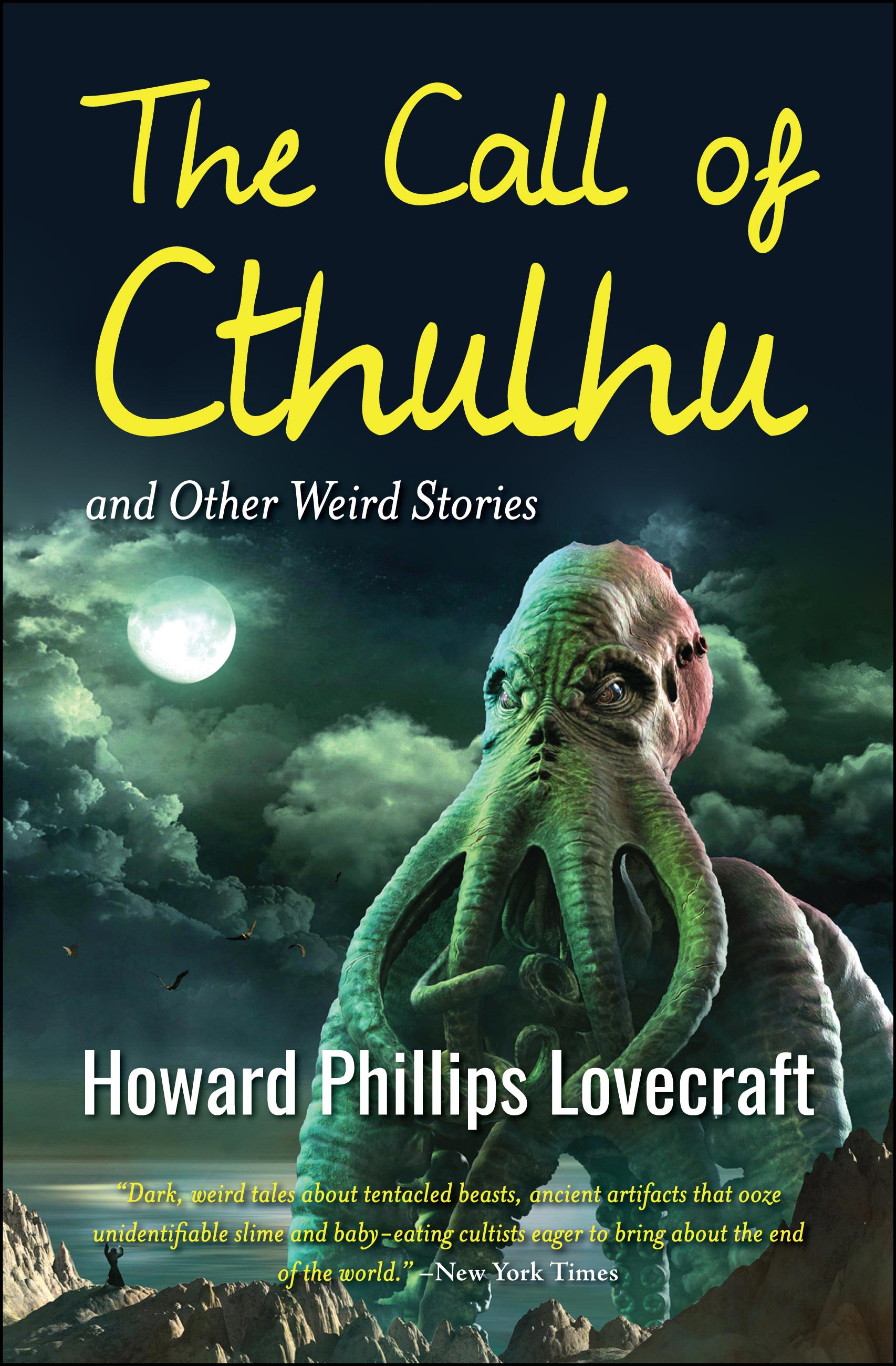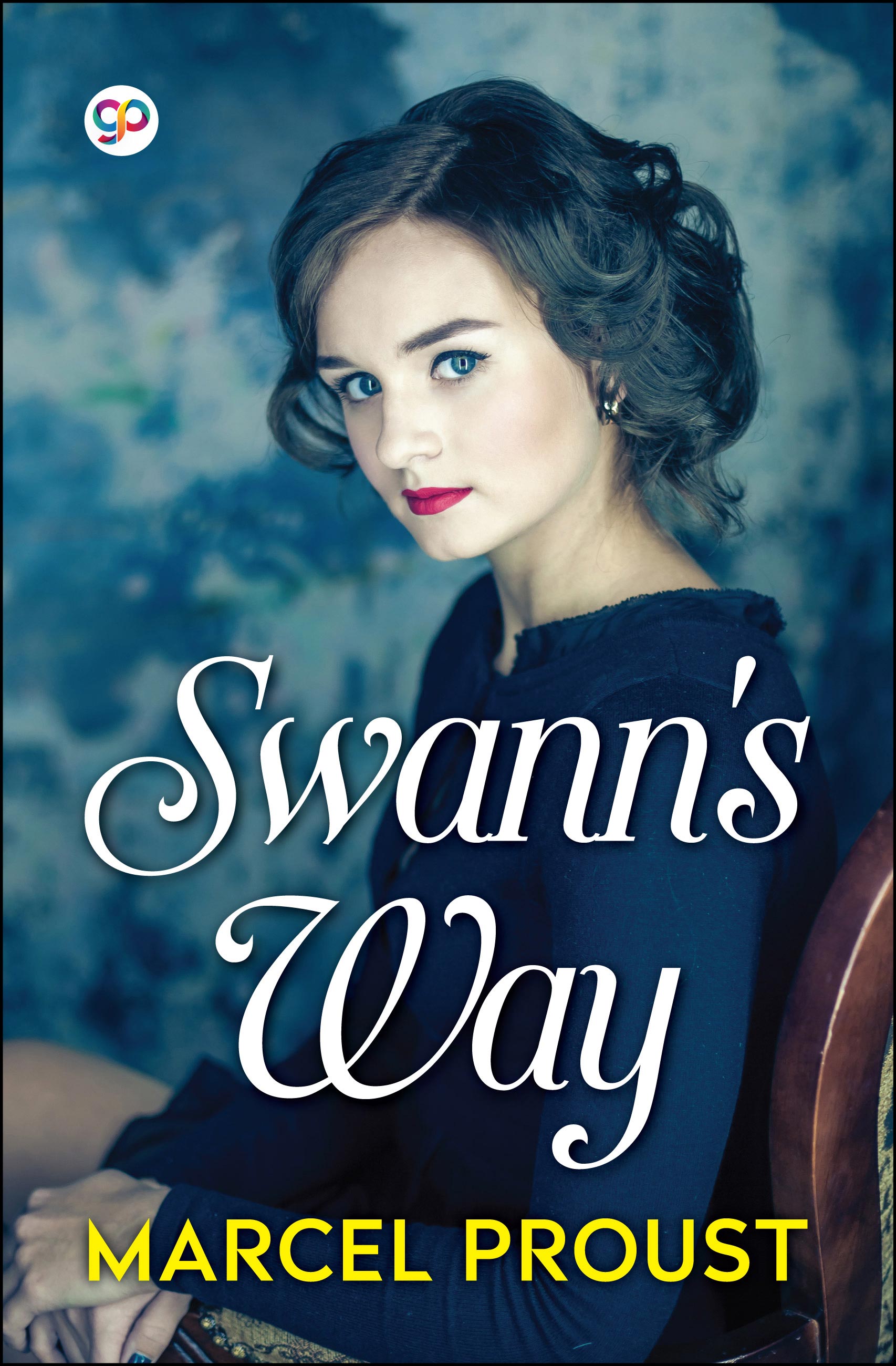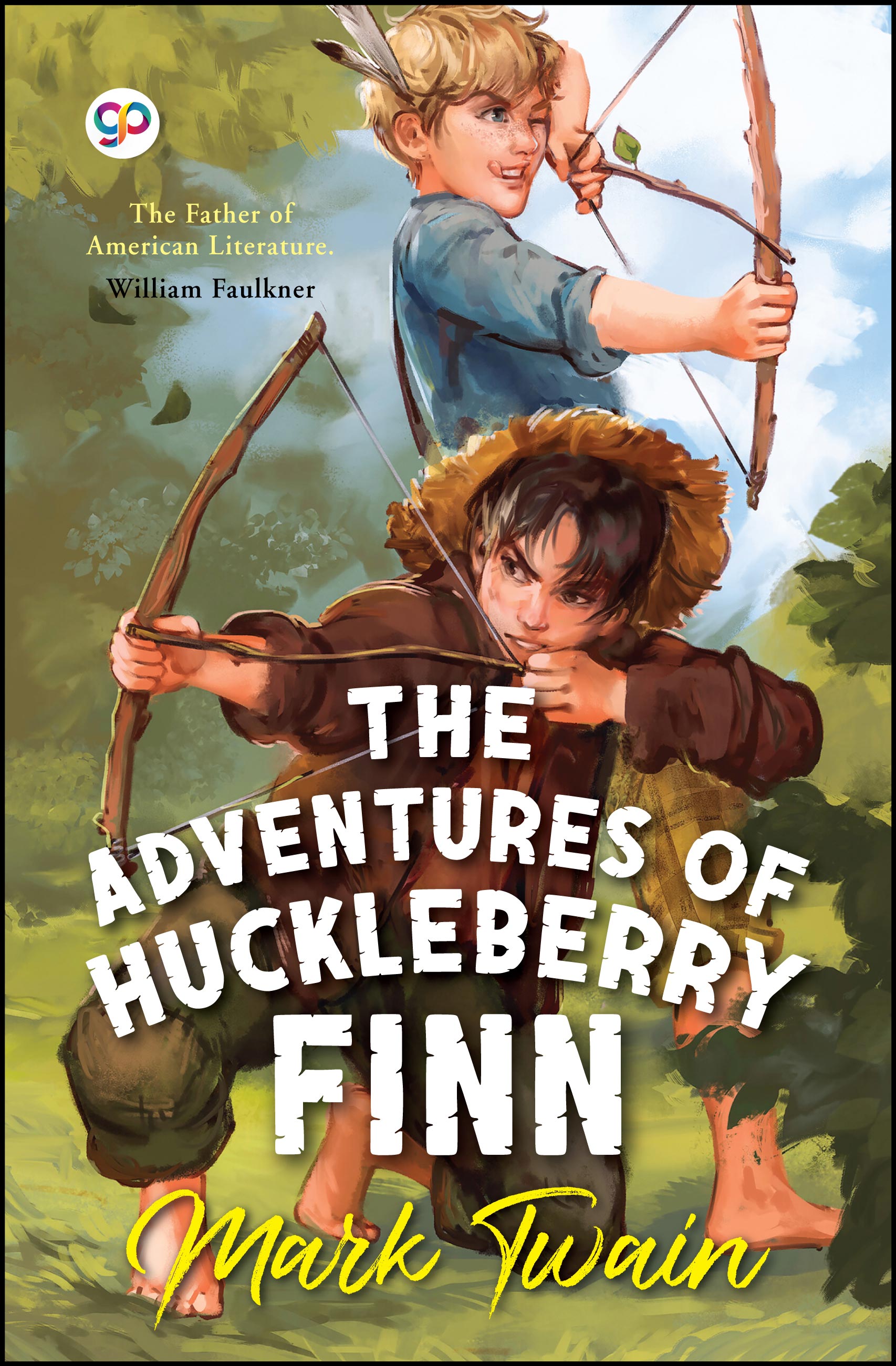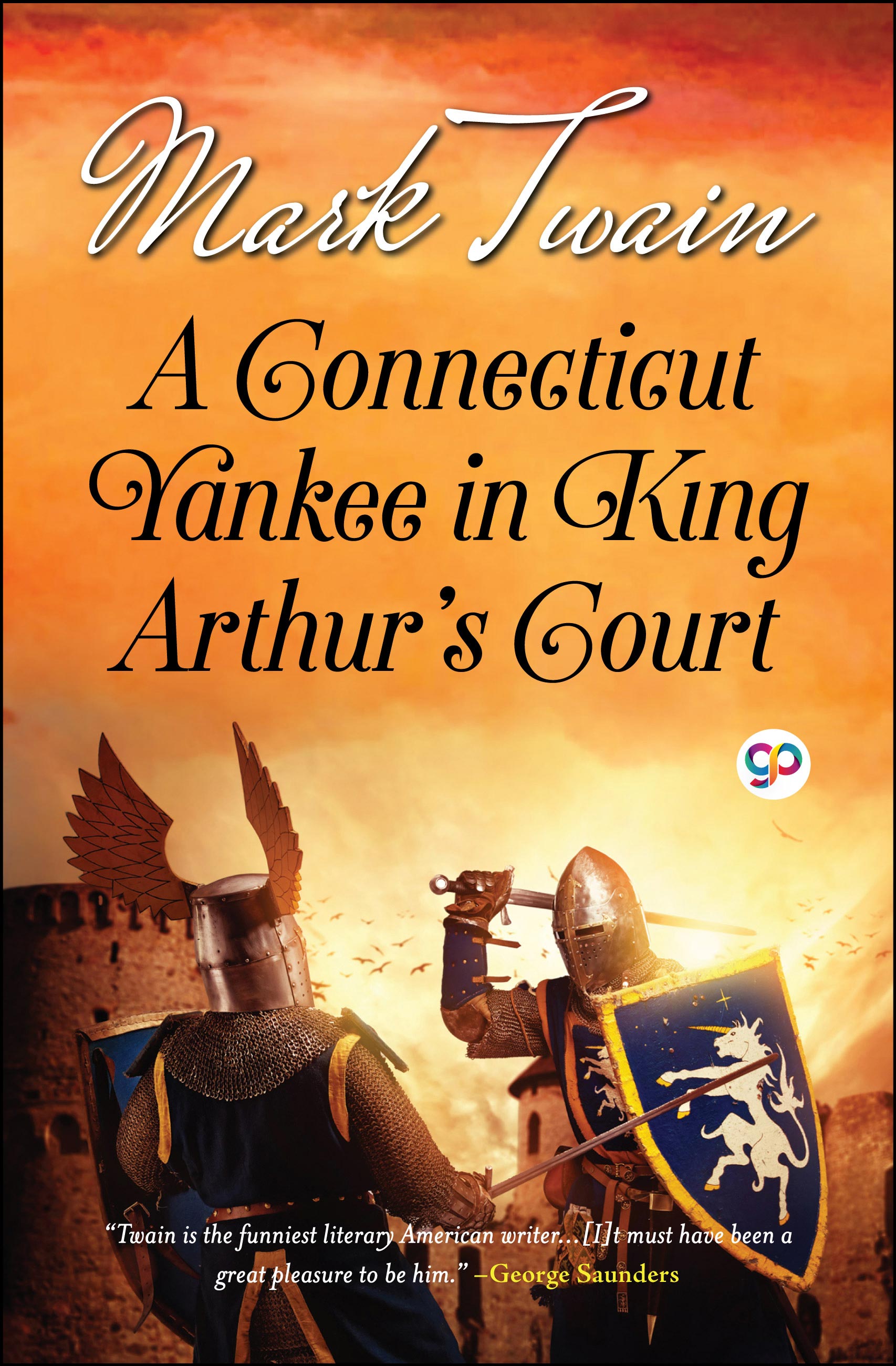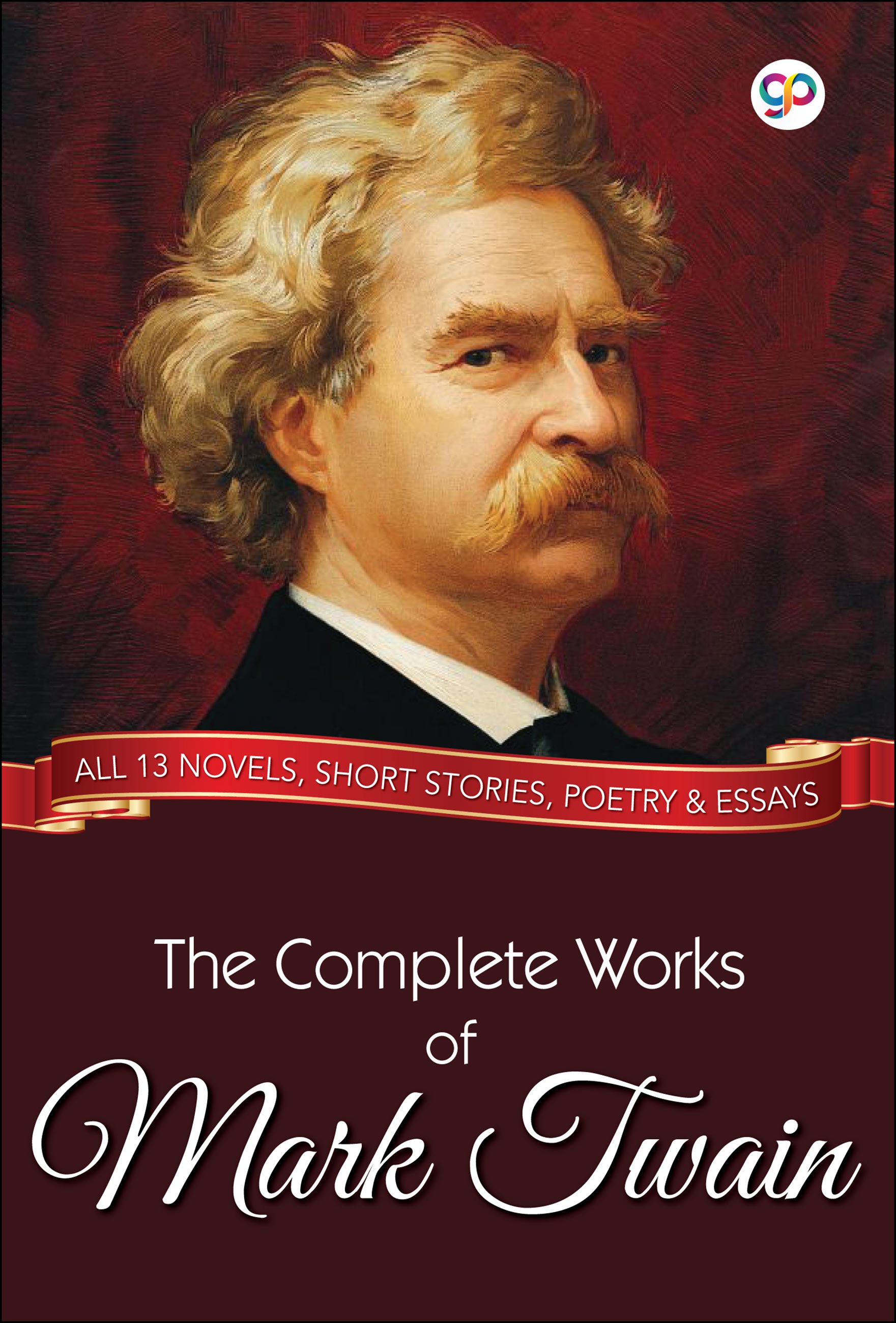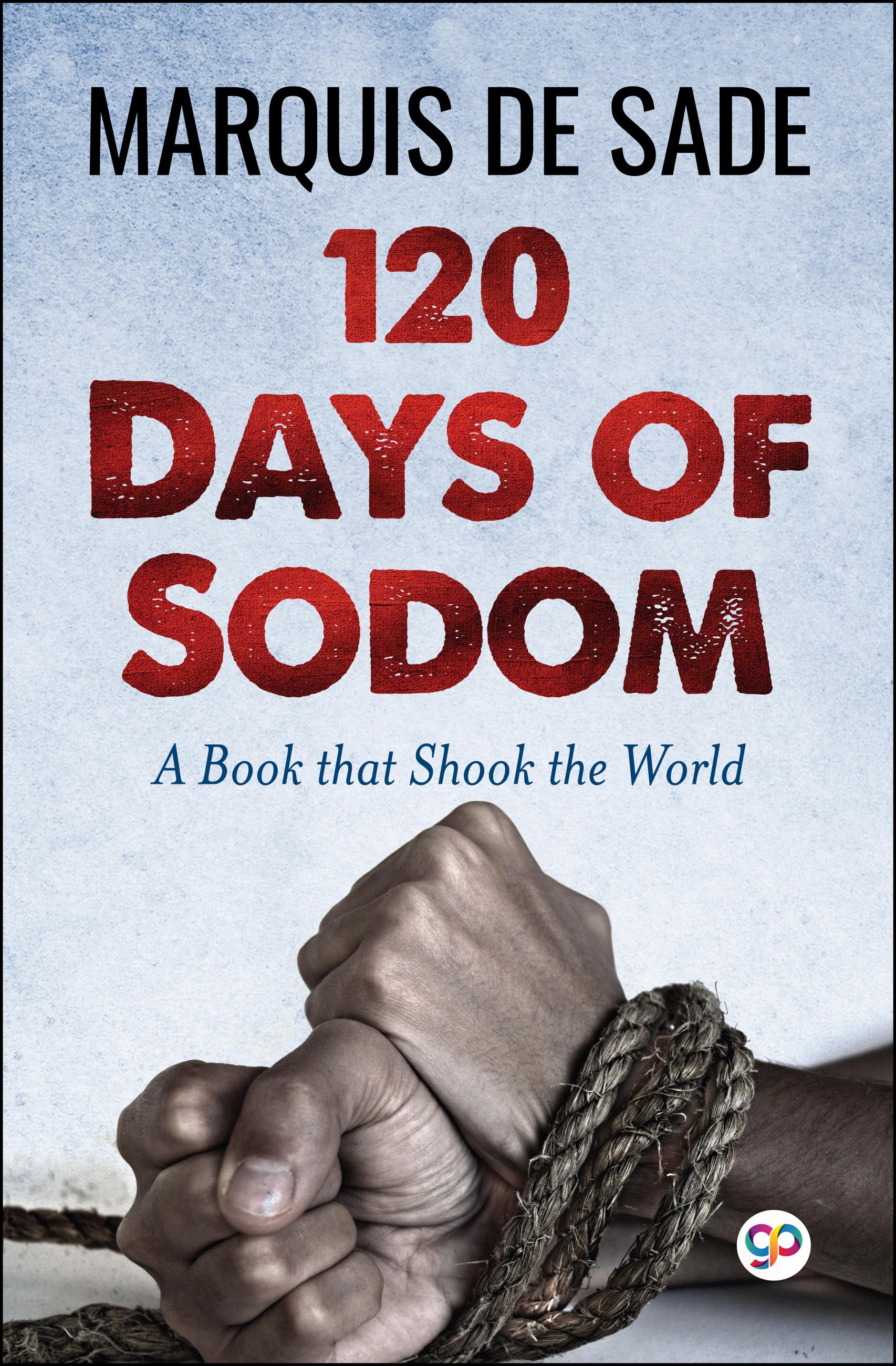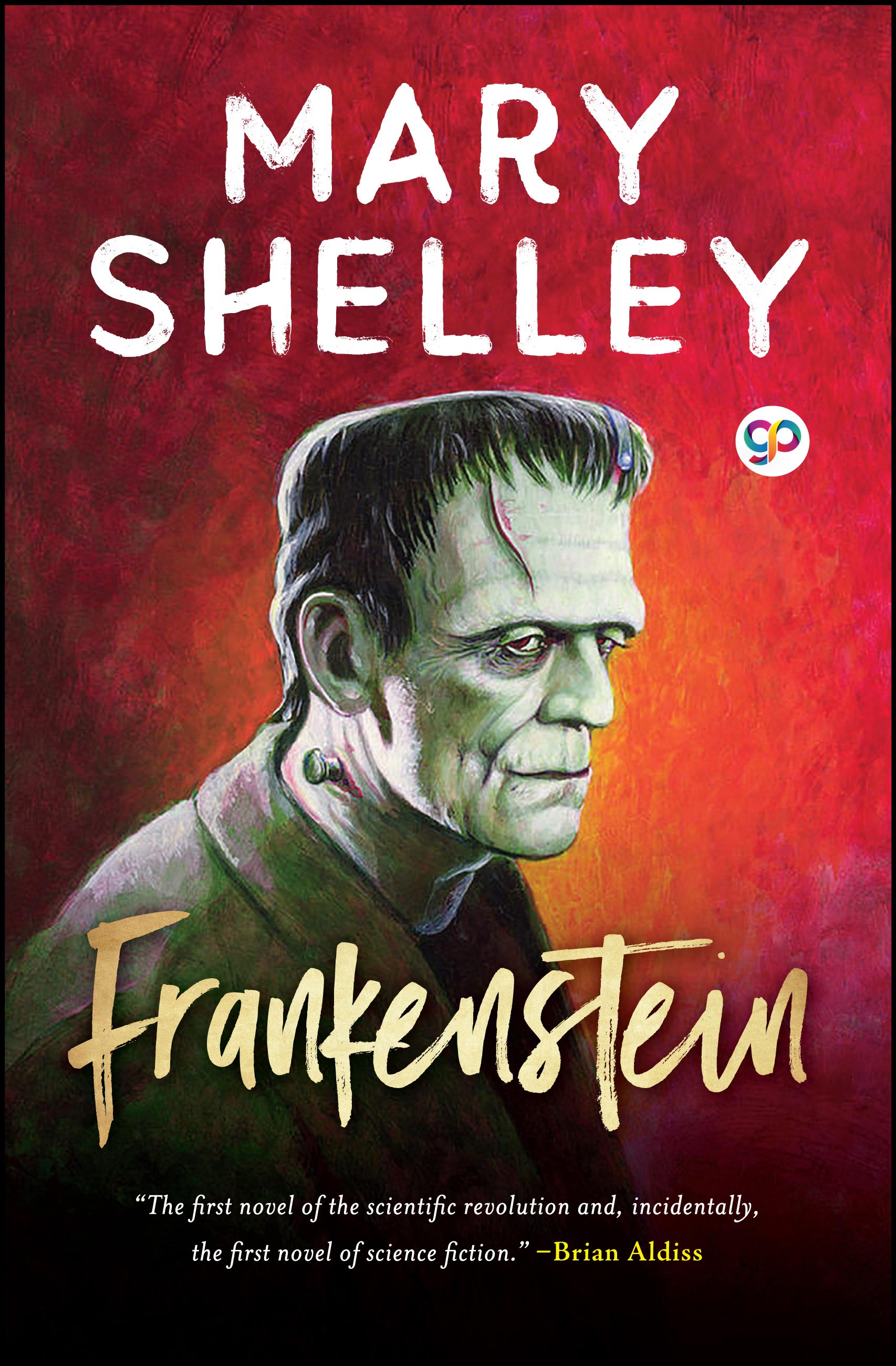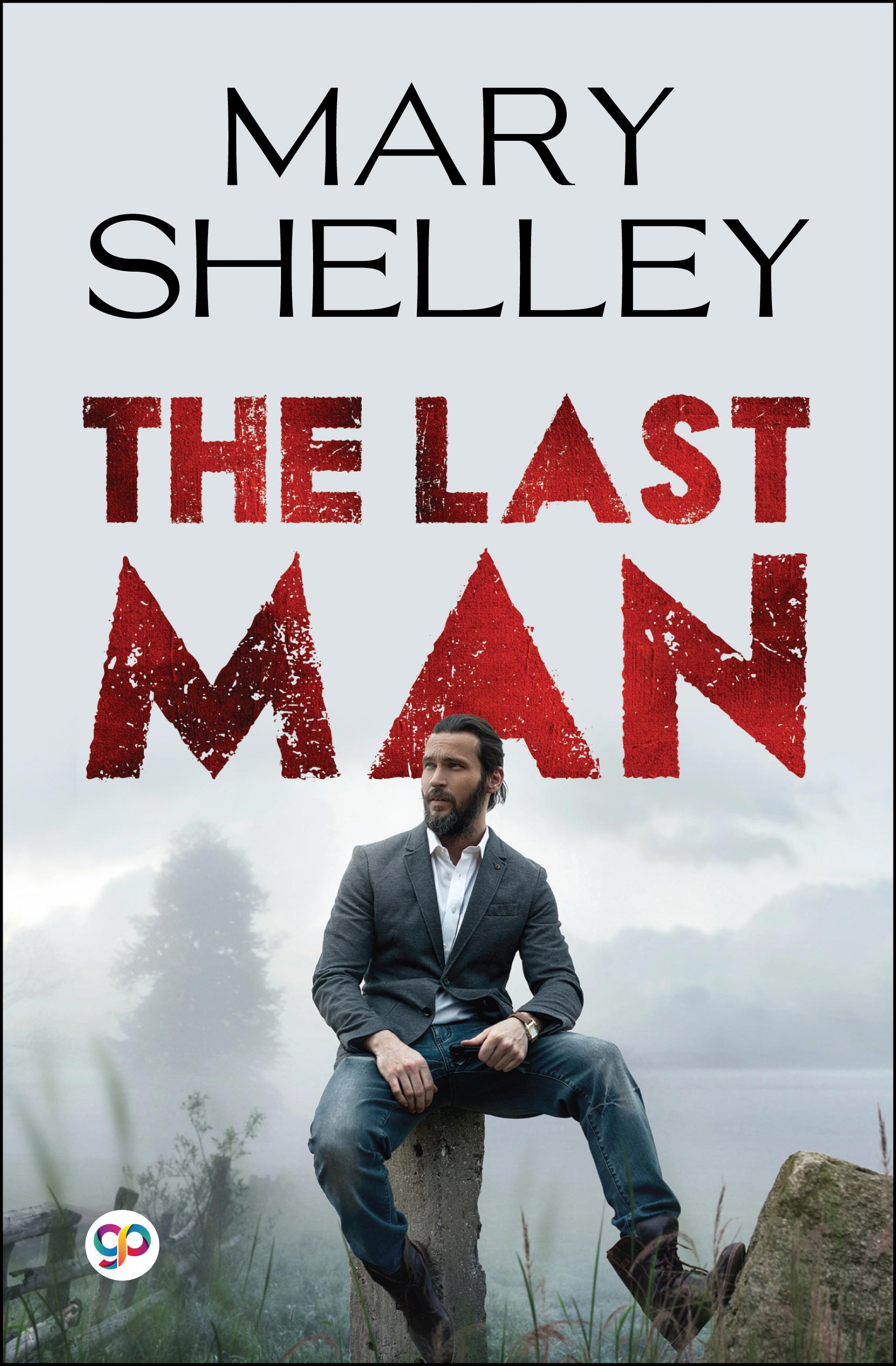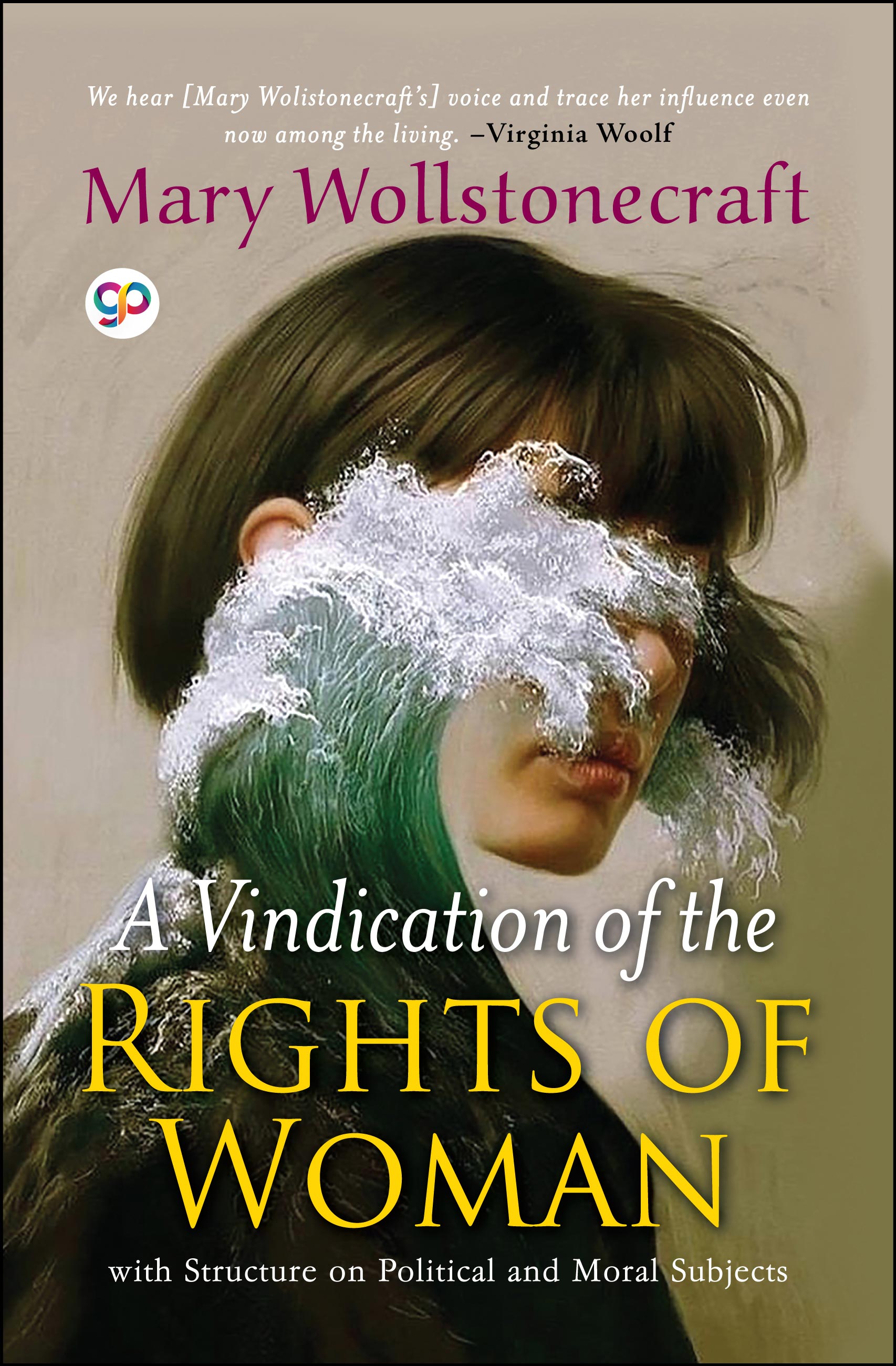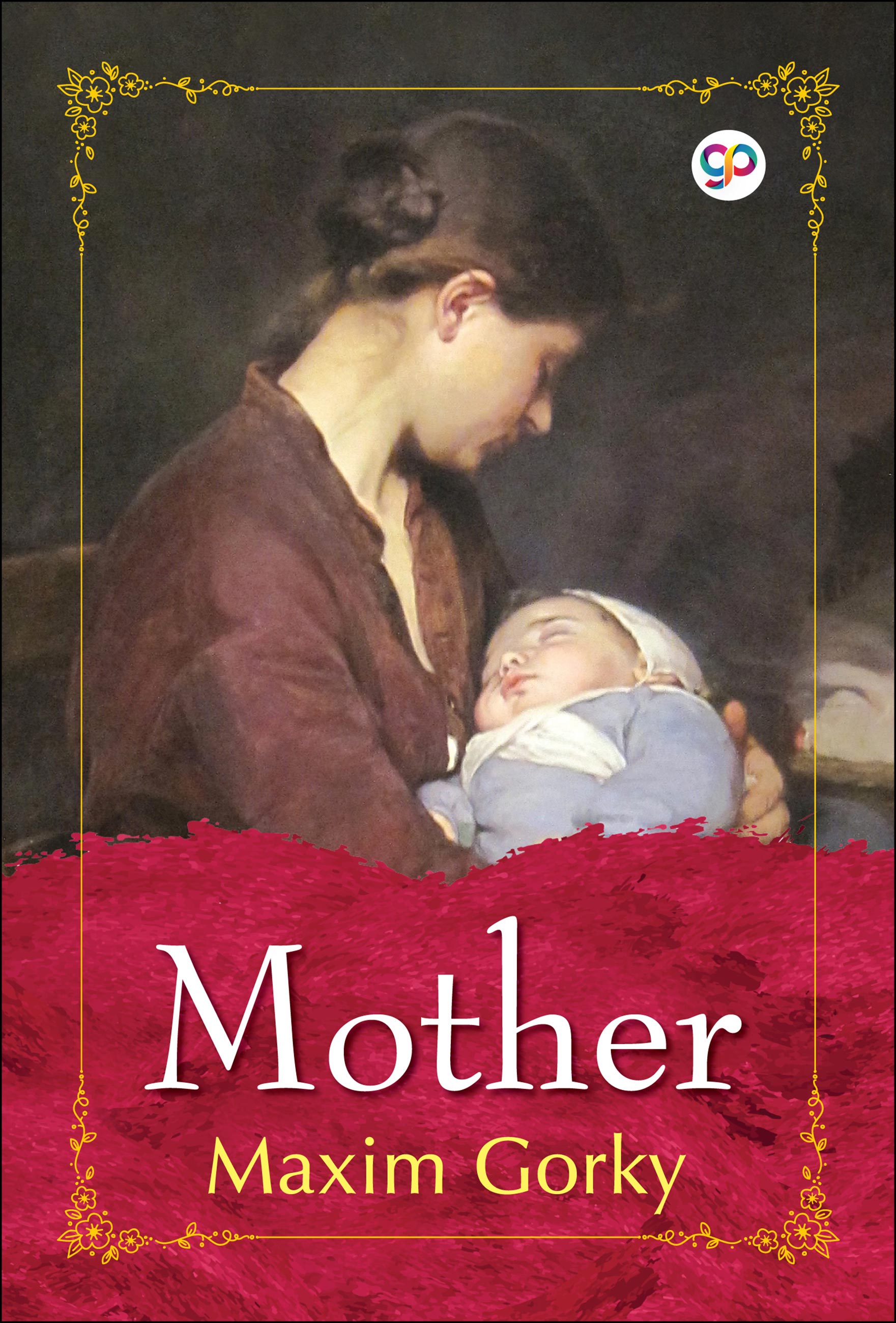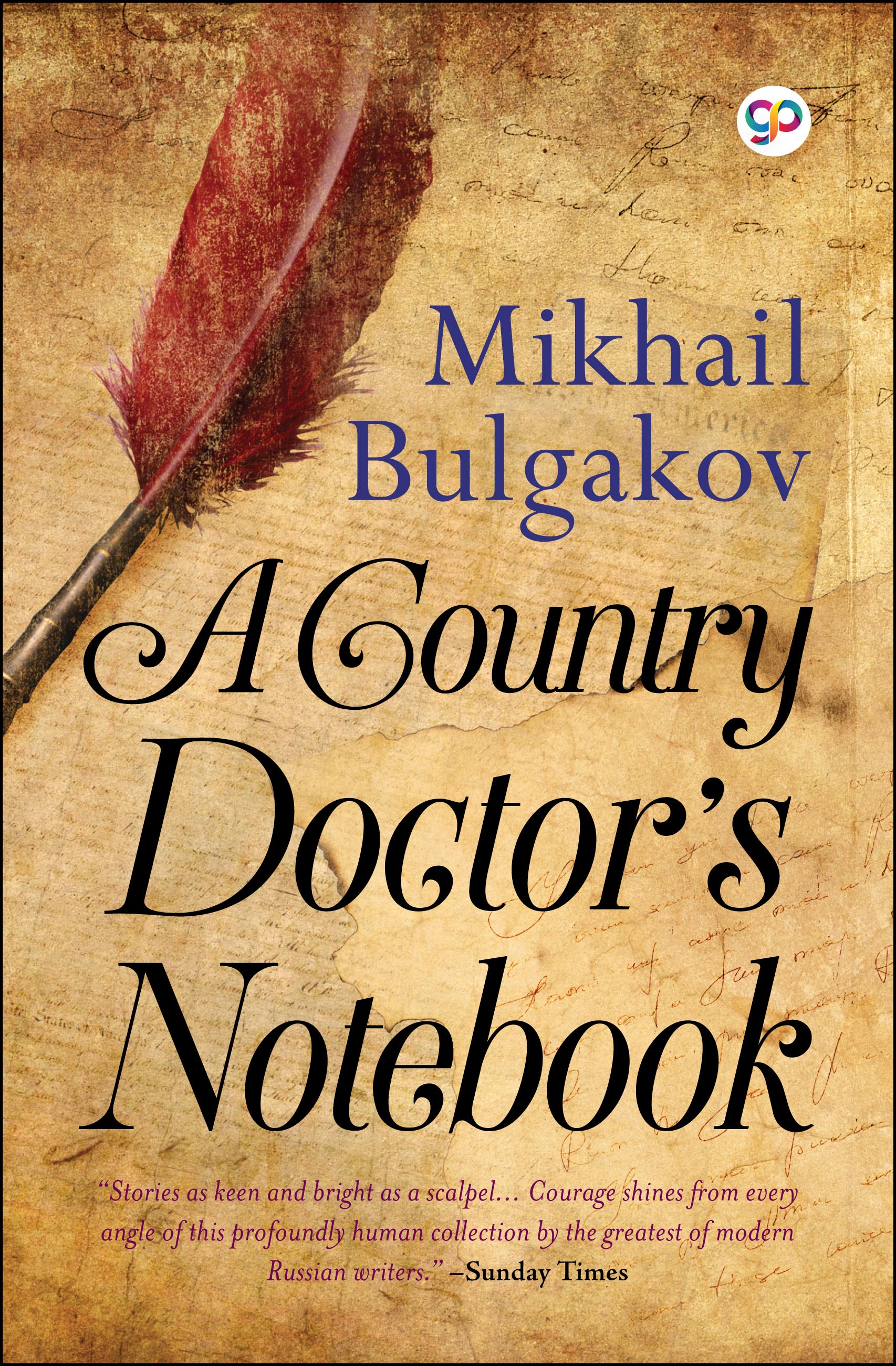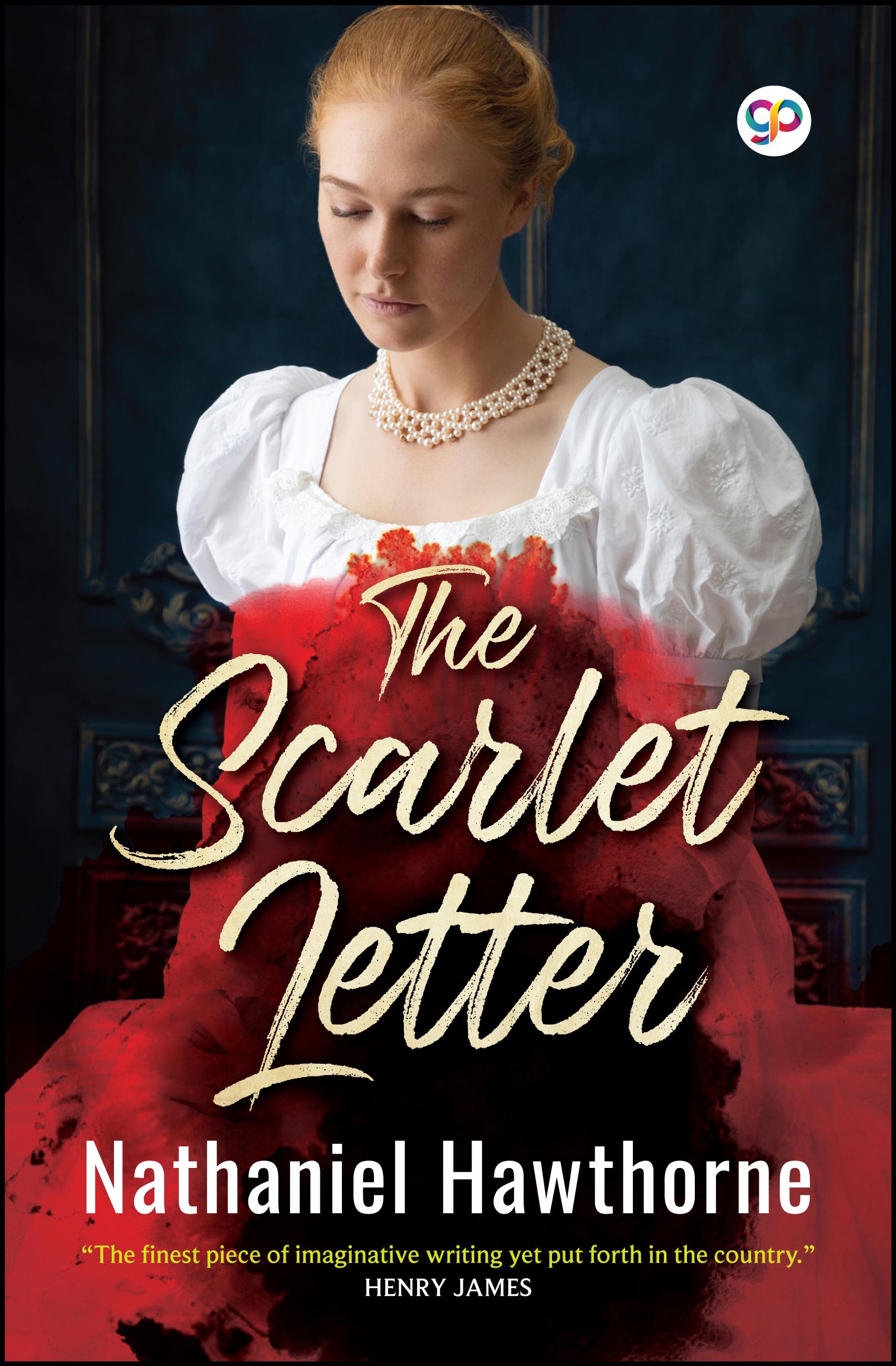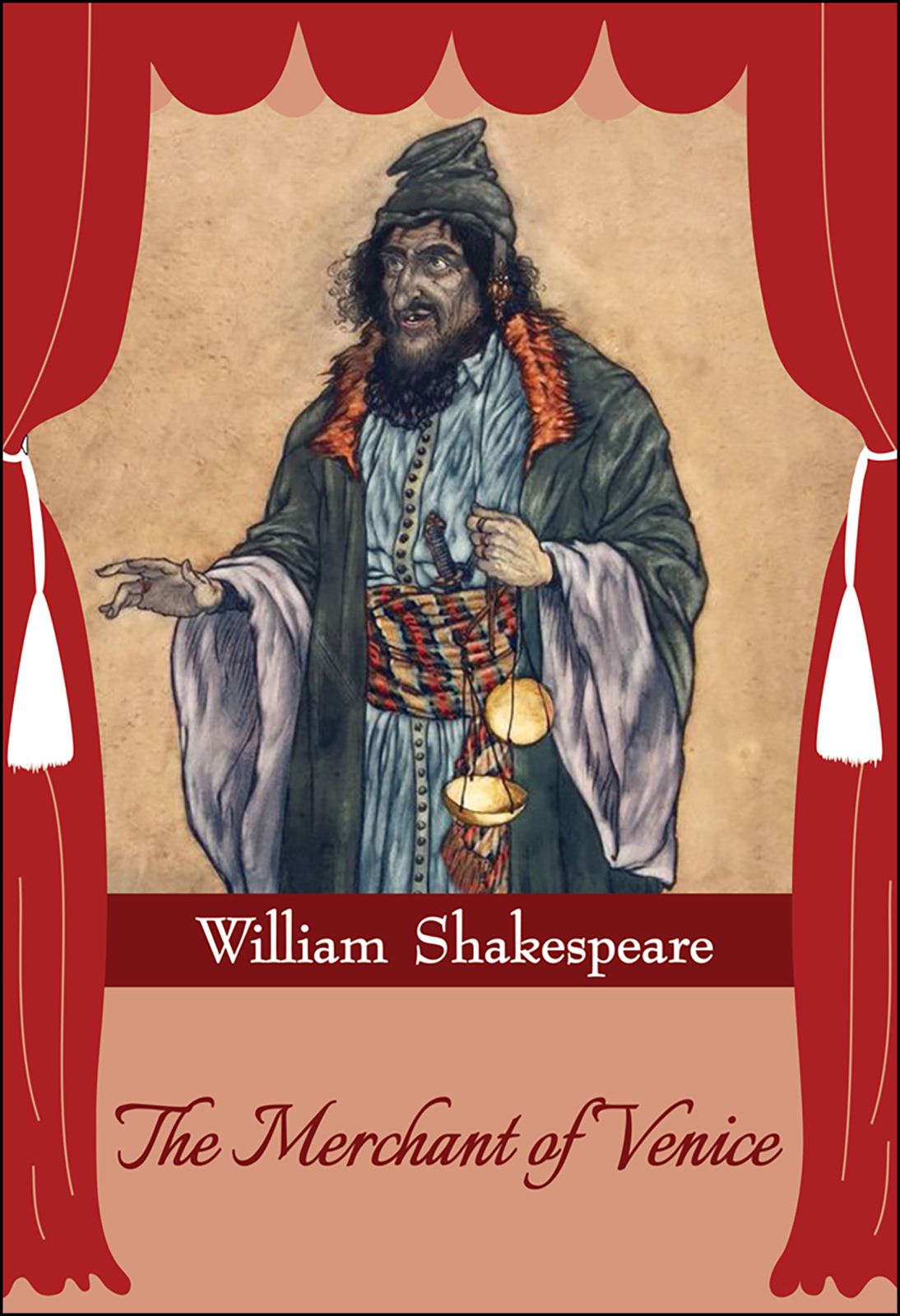
The Merchant of Venice (Paperback)
The Merchant of Venice is an intriguing drama of love, greed and revenge. At its heart, the play contrasts the characters of the maddened and vengeful Shylock, a Venetian moneylender, with the gracious, level-headed Portia, a wealthy young woman besieged by suitors. At the play's climax, Shylock insists that a binding contract be enforced which will cost the life of the merchant Antonio. Pleading Antonio's case before the Duke of Venice, Portia shrewdly defeats Shylock's evil purpose.
BEST SELLERS
About the Author
William Shakespeare (baptised 26 April 1564) was an English poet and playwright, widely regarded as the greatest writer in the English language and the world's pre-eminent dramatist. He is often called England's national poet and the 'Bard of Avon' (or simply "The Bard"). His surviving works consist of 37 plays, 154 sonnets, two long narrative poems, and several other poems. His plays have been translated into every major living language. Shakespeare was born and raised in Stratford-upon-Avon. Scholars believe that he died on his fifty-second birthday, coinciding with St George’s Day. At the age of 18 he married Anne Hathaway, who bore him three children: Susanna, twins Hamnet and Judith. Between 1585 and 1592 he began a successful career in London as an actor, writer, and part owner of the playing company the Lord Chamberlain's Men, later known as the King's Men. He appears to have retired to Stratford around 1613, where he died three years later. Shakespeare produced most of his known work between 1590 and 1613. His early plays were mainly comedies and histories, genres he raised to the peak of sophistication and artistry by the end of the sixteenth century. Next he wrote mainly tragedies until about 1608. He was a respected poet and playwright in his own day, but his reputation did not rise to its present heights until the nineteenth century. The Romantics, in particular, acclaimed Shakespeare's genius, and the Victorians hero-worshipped Shakespeare. In the twentieth century, his work was repeatedly adopted and rediscovered by new movements in scholarship and performance. His plays remain highly popular today and are consistently performed and reinterpreted in diverse cultural and political contexts throughout the world.
Read Sample
Characters in the Play The Duke of Venice. The Prince of Morocco : suitor to Portia. The Prince of Arragon : suitor to Portia. ANTONIO, a merchant of Venice. BASSANIO, his friend, suitor to Portia. GRATIANO : friend to Antonio and Bassanio. SALARINO : friend to Antonio and Bassanio. SOLANIO : friend to Antonio and Bassanio. SALERIO : friend to Antonio and Bassanio. LORENZO, in love with Jessica. SHYLOCK, a Jew. TUBAL, another Jew, friend to Shylock. LANCELET GOBBO, a clown, servant to Shylock. OLD GOBBO, father to Lancelet. LEONARDO, servant to Bassanio. BALTHAZAR : servant to Portia. STEPHANO : servant to Portia. PORTIA, a lady of Belmont. NERISSA, her waiting-maid. JESSICA, daughter to Shylock. Magnificoes of Venice, officers of the Court of Justice, a jailor, servants, and other attendants. Act 1 Scene 1. A street in Venice. Enter ANTONIO, SALARINO, and SOLANIO. ANTONIO : In sooth, I know not why not why I am so sad. It wearies me, you say it wearies you; But how I caught it, found it, or came by it, What stuff ’tis made of, whereof it is born, I am to learn: And such a want-wit sadness makes of me, That I have much ado to know myself. SALARINO : Your mind is tossing on the ocean, There, where your argosies with portly sail – Like signiors and rich burghers on the flood, Or as it were the pageants of the sea – Do overpeer the petty traffickers That curtsy to them, do them reverence, As they fly by them with their woven wings. SOLANIO : Believe me, sir, had I such venture forth, The better part of my affections would Be with my hopes abroad. I should be still Plucking the grass to know where sits the wind, Peering in maps for ports and piers and roads; And every object that might make me fear Misfortune to my ventures, out of doubt Would make me sad. SALARINO : My wind, cooling my broth, Would blow me to an ague when I thought What harm a wind too great might do at sea. I should not see the sandy hour-glass run But I should think of shallows and of flats, And see my wealthy Andrew docked in sand, Vailing her high-top lower than her ribs To kiss her burial. Should I go to church And see the holy edifice of stone, And not bethink me straight of dangerous rocks, Which, touching but my gentle vessel’s side, Would scatter all her spices on the stream, Enrobe the roaring waters with my silks, And, in a word, but even now worth this, And now worth nothing? Shall I have the thought To think on this, and shall I lack the thought That such a thing bechanced would make me sad? But tell not me; I know Antonio Is sad to think upon his merchandise. ANTONIO : Believe me, no. I thank my fortune for it, My ventures are not in our bottom trusted, Nor to one place; nor is my whole estate Upon the fortune of this present year: Therefore my merchandise makes me not sad. SOLANIO : Why then you are in love. ANTONIO : Fie, fie. SOLANIO : Not in love neither? Then let us say you are sad Because you are not merry; and ’twere as easy For you to laugh and leap, and say you are merry Because you are not sad. Now, by two-headed Janus, Nature hath framed strange fellows in her time: Some that will evermore peep through their eyes, And laugh like parrots at a bagpiper; And other of such vinegar aspect That they’ll not show their teeth in way of smile, Though Nestor swear the jest be laughable. Enter BASSANIO, LORENZO, and GRATIANO. Here comes Bassanio, your most noble kinsman, Gratiano, and Lorenzo. Fare ye well, We leave you now with better company. SALARINO : I would have stayed till I had made you merry, If worthier friends had not prevented me. ANTONIO : Your worth is very dear in my regard. I take it your own business calls on you, And you embrace th’occasion to depart. SALARINO : Good morrow, my good lords. BASSANIO : Good signiors both, when shall we laugh? Say, when? You grow exceeding strange: must it be so? SALARINO : We’ll make our leisures to attend on yours. [Exeunt Salarino and Solanio. LORENZO : My Lord Bassanio, since you have found Antonio, We two will leave you; but at dinner-time I pray you have in mind where we must meet. BASSANIO : I will not fail you. GRATIANO : You look not well, Signior Antonio; You have too much respect upon the world: They lose it that do buy it with much care. Believe me, you are marvellously changed. ANTONIO : I hold the world but as the world, Gratiano: A stage, where every man must play a part, And mine a sad one. GRATIANO : Let me play the fool, With mirth and laughter let old wrinkles come, And let my liver rather heat with wine Than my heart cool with mortifying groans. Why should a man whose blood is warm within Sit like his grandsire cut in alabaster, Sleep when he wakes, and creep into the jaundice By being peevish? I tell thee what, Antonio – I love thee, and it is my love that speaks – There are a sort of men whose visages Do cream and mantle like a standing pond, And do a wilful stillness entertain, With purpose to be dressed in an opinion Of wisdom, gravity, profound conceit, As who should say, ‘I am Sir Oracle, And when I ope my lips, let no dog bark.’ O, my Antonio, I do know of these That therefore only are reputed wise For saying nothing; when, I am very sure, If they should speak, would almost damn those ears Which, hearing them, would call their brothers fools. I’ll tell thee more of this another time. But fish not with this melancholy bait For this fool gudgeon, this opinion. – Come, good Lorenzo. – Fare ye well awhile; I’ll end my exhortation after dinner. LORENZO : Well, we will leave you then till dinner-time. I must be one of these same dumb wise men, For Gratiano never lets me speak. GRATIANO : Well, keep me company but two years moe, Thou shalt not know the sound of thine own tongue. ANTONIO : Fare you well. I’ll grow a talker for this gear. GRATIANO : Thanks, i’faith, for silence is only commendable In a neat’s tongue dried and a maid not vendible. [Exeunt Gratiano and Lorenzo. ANTONIO : Is that anything now? BASSANIO : Gratiano speaks an infinite deal of nothing, more than any man in all Venice. His reasons are as two grains of wheat hid in two bushels of chaff: you shall seek all day ere you find them, and when you have them they are not worth the search. ANTONIO : Well, tell me now what lady is the same To whom you swore a secret pilgrimage, That you today promised to tell me of? BASSANIO : ’Tis not unknown to you, Antonio, How much I have disabled mine estate By something showing a more swelling port Than my faint means would grant continuance: Nor do I now make moan to be abridged From such a noble rate, but my chief care Is to come fairly off from the great debts Wherein my time, something too prodigal, Hath left me gaged. To you, Antonio, I owe the most in money and in love, And from your love I have a warranty To unburthen all my plots and purposes How to get clear of all the debts I owe. ANTONIO : I pray you, good Bassanio, let me know it, And if it stand, as you yourself still do, Within the eye of honour, be assured, My purse, my person, my extremest means, Lie all unlocked to your occasions.

